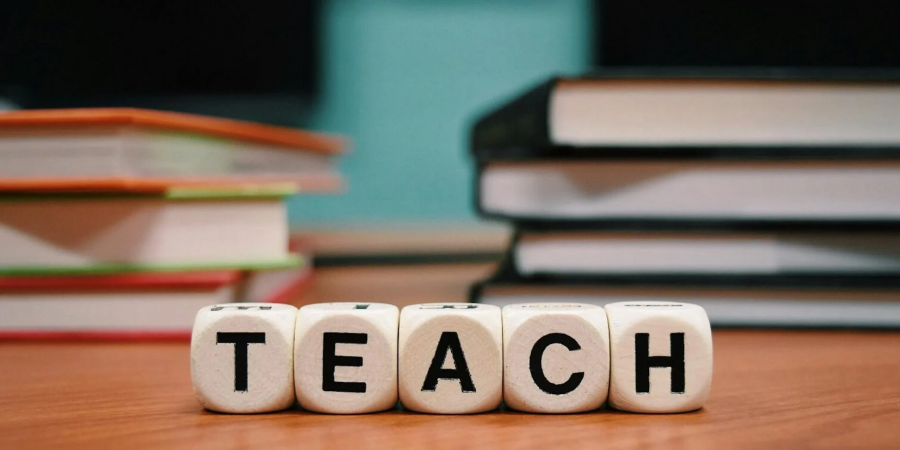

Education is the cornerstone of personal and societal development, shaping individuals' knowledge, skills, and perspectives. Its significance spans across cultures, generations, and socioeconomic backgrounds, serving as a catalyst for progress and transformation.
At its core, education encompasses formal learning within institutions such as schools, colleges, and universities. Here, students engage with structured curricula designed to impart foundational knowledge in subjects ranging from mathematics and science to literature and history. Through lectures, discussions, and hands-on activities, learners acquire not only factual information but also critical thinking skills, problem-solving abilities, and a thirst for lifelong learning.
Beyond formal education, informal learning plays a pivotal role in shaping individuals' understanding of the world. This includes experiences gained through interactions with peers, family members, and communities, as well as through media, literature, and online resources. Informal learning fosters curiosity, creativity, and adaptability, enabling individuals to navigate complex challenges and embrace diverse perspectives.
In recent years, the landscape of education has been transformed by technological advancements, giving rise to online learning platforms, digital resources, and interactive tools. These innovations have democratized access to education, breaking down barriers of geography, cost, and time. Learners can now access high-quality educational content anytime, anywhere, empowering them to pursue their passions and interests at their own pace.
Moreover, education is not limited to academic pursuits but also encompasses the development of social and emotional intelligence. Through extracurricular activities, community service, and experiential learning opportunities, students cultivate teamwork, empathy, and resilience, preparing them for success in an interconnected world.
Education is not merely a means to acquire credentials or secure employment; it is a journey of self-discovery and personal growth. It instills values such as integrity, empathy, and respect for diversity, fostering responsible citizenship and global awareness. Education equips individuals with the tools to navigate an ever-changing landscape, adapt to new challenges, and contribute meaningfully to society.
However, despite its transformative potential, education systems face numerous challenges, including inequities in access, disparities in quality, and outdated pedagogical approaches. Addressing these issues requires concerted efforts from policymakers, educators, parents, and communities to ensure that every individual has the opportunity to receive a holistic and inclusive education.
In conclusion, education is the cornerstone of progress, empowering individuals to fulfill their potential and contribute to the betterment of society. By embracing the principles of lifelong learning, equity, and innovation, we can build a brighter future for generations to come.
AND FINALLY
EDUCATION IS THE MOST POWERFUL WEPON YOU CAN CHANGE THE WORLD 🌎
